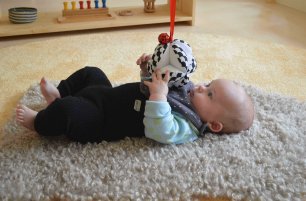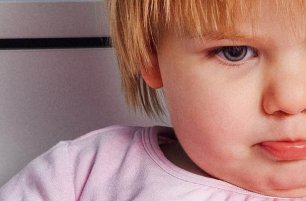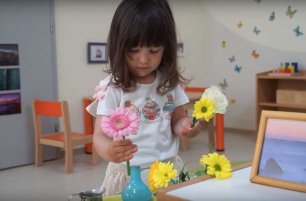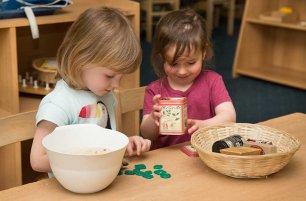Mones
Sorry, this article is only in Czech.

“The greatness of the human personality begins at the hour of birth.” Maria Montessori
Read more
We all know the scene: a frustrated parent, a child that refuses to listen and do as they’re told, the fight that no‑one wins.
Read more
Check out our video made by the International Montessori School of Prague community! We are happy to share our vision for Montessori education with all. It features our inspiring students, teachers, school leadership, alumni and parents. Let us know what you think!
Read more
A picture is the first content of a book that a child can „read“. Thanks to pictures, a child can understand a story without knowing how to read, interpreting the main figures/animals, the environment, and the situations from the visuals. From illustrated facial expressions and body language the child can also tell emotions. Enjoying a good book raises a love and passion that is necessary for prereading skills.
Read more
Have you ever noticed the mixed-age classrooms in a Montessori school and wondered why? This is a specific design that allows younger children to benefit from having older peers as role models and mentors and enables older children to step into leadership roles. This model mirrors real-world experiences where people of different ages work together and learn from each other.
Read more